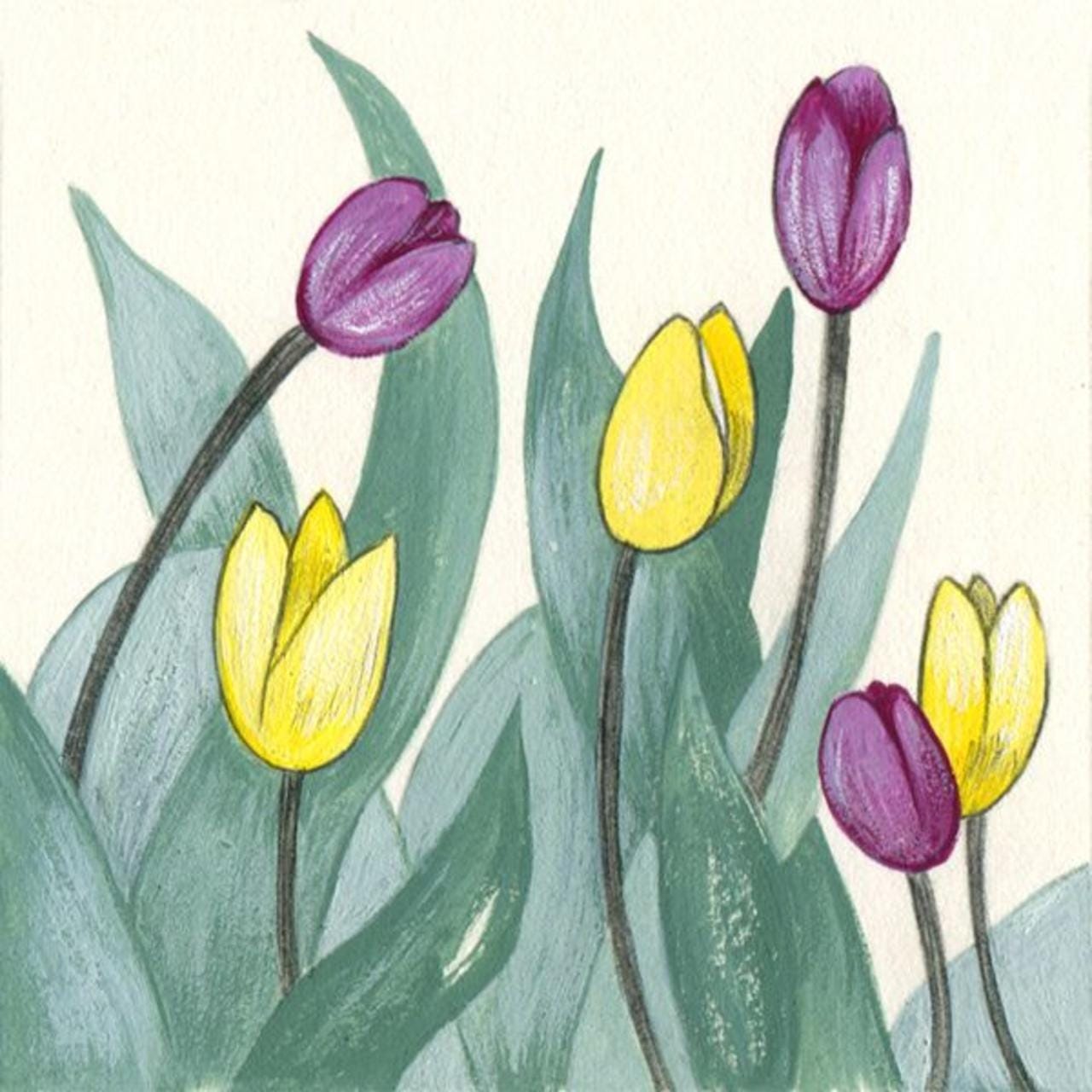The Three Car Crashes That Changed My Life
My alcoholic mother, pot-dealing father, and my own PTSD combined to send my life speeding dangerously downhill. It took an unexpected U-turn for me to finally see things clearly.
When I think of the two months I spent in France in my late twenties, I think of Mom, crying and drunk in the back seat of a car.
Her husband had sneered at a comment I’d made, and I snapped back, sick of his British accent, his young age, and clear dislike of me. Mom bundled up in her silly hat, scarf, and jacket and sat in the dark backseat of their tiny car for thirty minutes before I went out to get her. I held her hand and listened from the driver’s seat while she cried. I don’t remember what she said. I couldn’t look at this alcoholic, obese woman, blubbering away like a left-out teenager at a party. She’d paid for my ticket overseas, excited for me to finally visit, though she didn’t know why I’d come. She thought I’d started to warm up to the idea of her living there, when really I needed to figure out why I’d started drinking wine in the morning in big mugs meant for coffee.
I’d never seen her cry. Not like this. For some reason, it felt good to watch. …
Keep reading with a 7-day free trial
Subscribe to Narratively to keep reading this post and get 7 days of free access to the full post archives.




